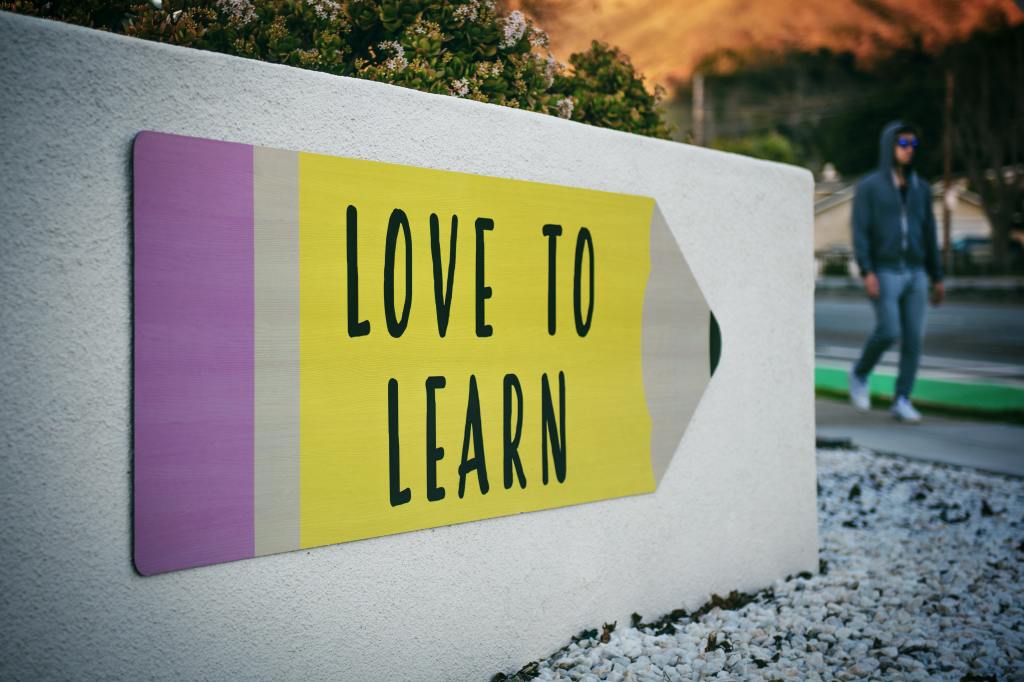This is an essay I wrote for a Writer’s Workshop by REX Publishing and facilitated by National Literary Artist, Ms. Susan Lara, pre-covid, in March 2020.

Something Jack Ma said is a lingering thought: “Teach children how to be human.”
As a university instructor for many years, he had a thing or two to say about education. He noticed that the way teachers teach and the things being taught to children are heavily knowledge-based — stuff from the past 200 years. Thus, he feels that if teachers don’t change the way they teach, artificial intelligence will replace the workforce.
In the 2018 World Economic Forum in Davos, Switzerland, Mr. Ma was clear with his convictions saying, “We cannot teach our kids to compete with machines. Teachers must stop teaching knowledge. We have to teach something unique, so a machine can never catch up with us.” What children need more today are soft skills: values, believing, independent thinking, teamwork, care for others. To Mr. Ma, knowledge will not teach that. There is much wisdom in what he said.
Being a Teacher in the 21st Century
Today, if your place of work is the classroom, teaching the talented and bright-minded Millenials and Gen Z students, you will, at one point or another, ask yourself, “Am I teaching the right way?”, “Am I getting through them?” “Are my standards too high?” “Am I making sense?”
I ask myself questions like these repeatedly, perhaps because reality bites when you keep battling the five-minute attention spans and the “I’m-sizing-you-up-right-now” look these kids today give you.
Day in and day out, you prepare for class the best way you can. It becomes urgent to get pedagogy right, so the concepts you teach is perceived as relevant to the students’ future professions. There are days that you can say you pulled it off, in all honesty, but for other days? Not quite.
Students today are different. They know so much, given that they were born in the advent of the internet and tech innovations. As an educator, you are competing against a known giant. It becomes incredibly challenging to make learning engaging, make learning matter, and make learning something students cherish.
When I stare into their eyes sometimes, I feel some of them misunderstand the essence of learning and lost the love for learning. This is because kids today have grown into a “Have-To” mindset to everything school-related. Too much information is crammed up into their minds through a curriculum that capitalizes too much on skill development.
They are awfully good at multi-tasking, giving their all just to beat deadlines. But in the end, they fail to see how their task is relevant to them and what they plan to be in the future, whether it’s to be a doctor, pilot, businessman, lawyer, designer, content creator, writer, athlete, or whatever else.

The Problem with Learning Today: Information Overload
Yuval Noah Harari explored this situation of information overload in his text, “21 Lessons for the 21st Century.” According to Harari, the 21st century is flooded by enormous amounts of information to the point that sensors do not try to block it. Instead, they are busy spreading misinformation or distracting us with irrelevancies. The last thing teachers need to give their students is more information. They already have far too much of it.
People need to make sense of the information and tell the difference between what is important and what is unimportant. Most importantly, Harari says, “We ought to know how to combine these bits of information into a broad picture of the world.” The tried-and-true principles of comprehension, critical thinking, analysis, and synthesis are needed now more than ever.
With this pressing reality, it is urgent for educators to redeem the perspective of what education means. I remember Aristotle’s words:
“Education is the process of training man to fulfill his aim by exercising all the faculties to the fullest extent as a member of society.”
The Ideals of Liberal Education
Learning today should gear towards the ideals of liberal education, a philosophy of education that empowers individuals with broad knowledge and transferable skills, and a stronger sense of values, ethics, and civic engagement characterized by challenging encounters with important issues, and more a way of studying than a specific course or field of study. (Association of American Colleges and Universities)
Simply put, education should develop that “See-a-Need-Fill-a-Need” (Robots 2005) perspective in living, learning, and teaching. Everything we do in the classroom should help students to make sense of the world and their place in it. Learning experiences should prepare them for “responsible engagement with the life in their times,” as Colby, Ehrlich, Sullivan, and Dolle state in their book, “Rethinking Undergraduate Business Education.”
The perspective of liberal education emulates what Jack Ma said about teaching children to be human. Benito Teehankee stressed this further in the article he wrote for The Manila Times, “Liberally Educated Business Leaders.” He said students should learn “how to care through empathy, how to understand through the remnants of history that prove that people go beyond norms and push through limits to have better ways of doing things, and finally, how to act on one’s convictions.”
Bill Gates was a perfect example of this when the Bill and Melinda Gates Foundation championed health care philanthropy in the lowest parts of the world. He accomplished this not because he graduated from Harvard, but because he was aware of a need and cared enough to do something about it.
As teachers, the goal is for students to have their own “Aha! Moment” where they see a need, and resolve and fill it, embodying the principles of social engagement that liberal education calls for.
In retrospect, after listening to and reading the words of learned men and women who advocate education, I have a renewed sense of purpose. If there is a time in my life where all of who I am and do as a teacher makes sense, it is today.
With the contact hours entrusted to us as educators, we should make the most of every teaching moment to inspire those in our classrooms to find meaning in their own lives through the things we teach that we hope they learn.
May they always “get it.”
